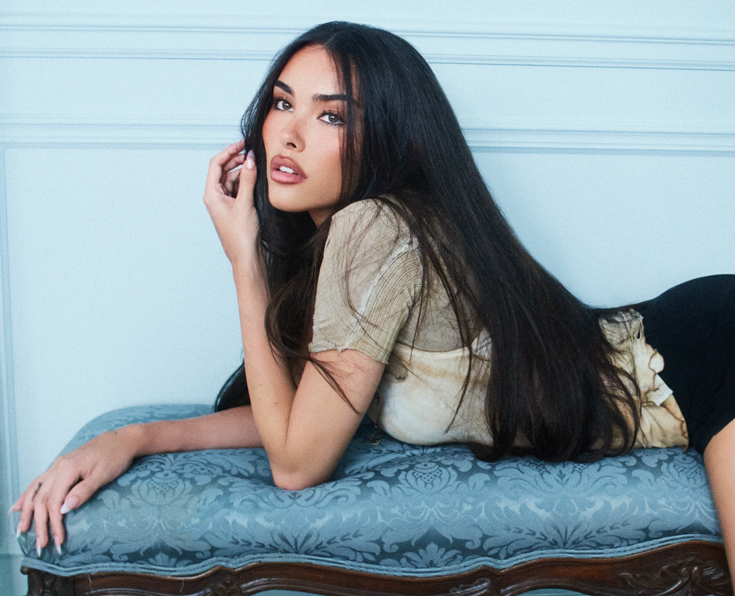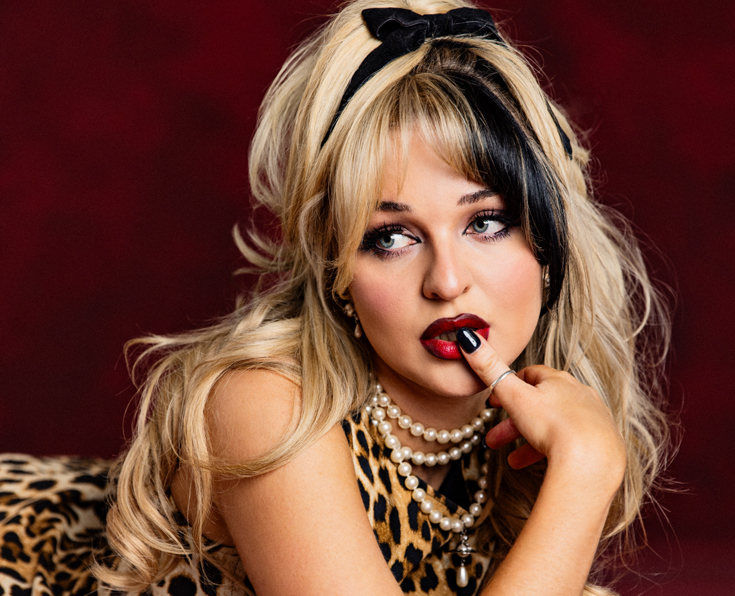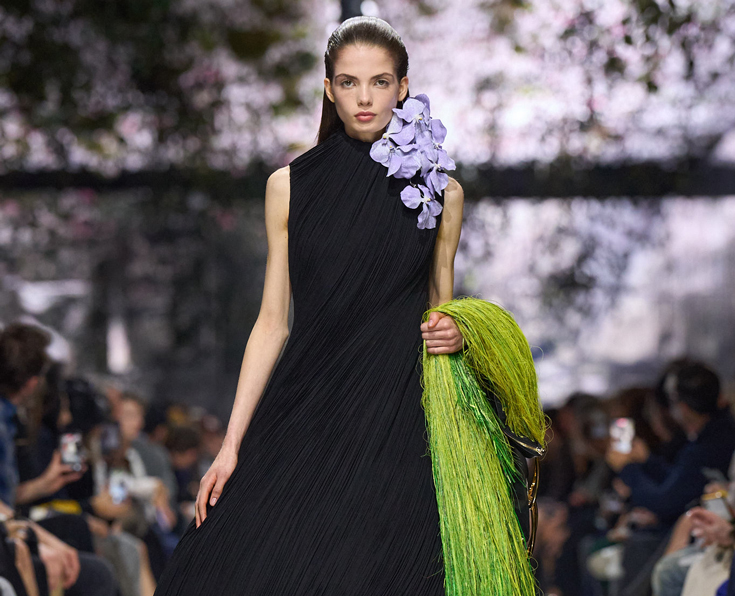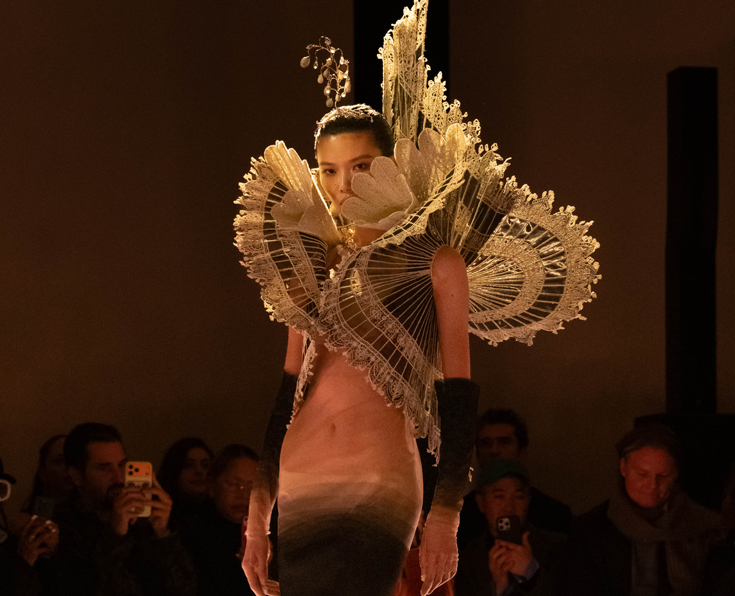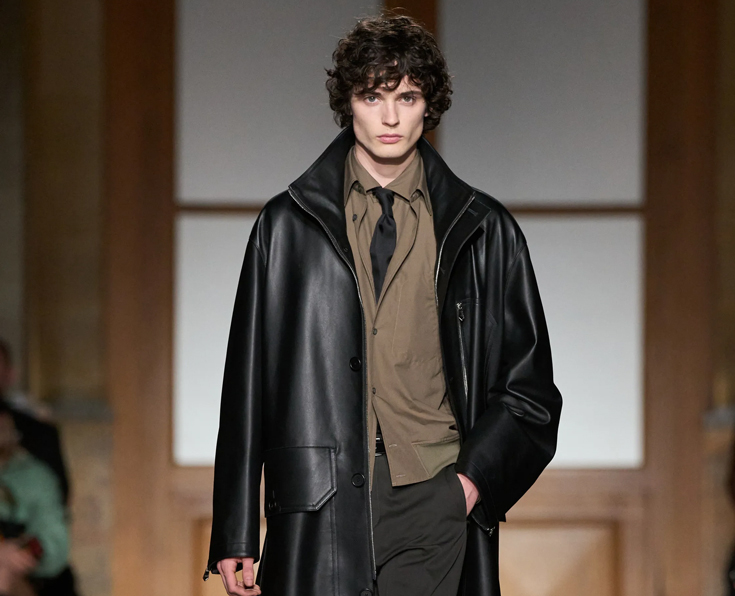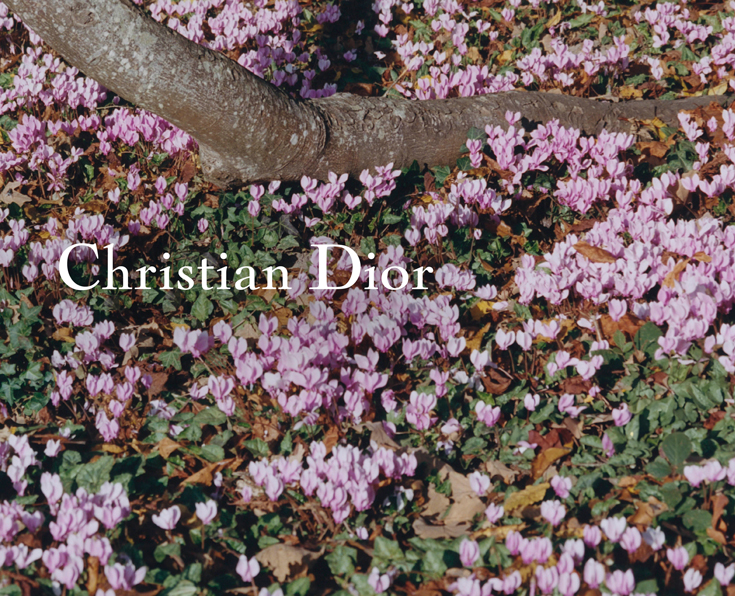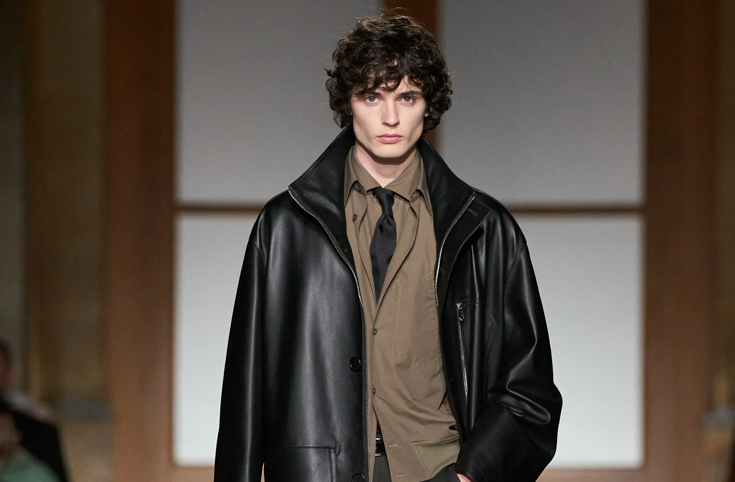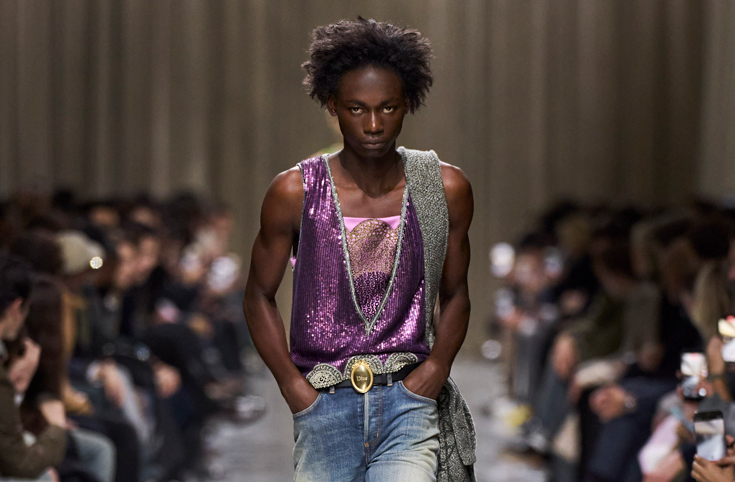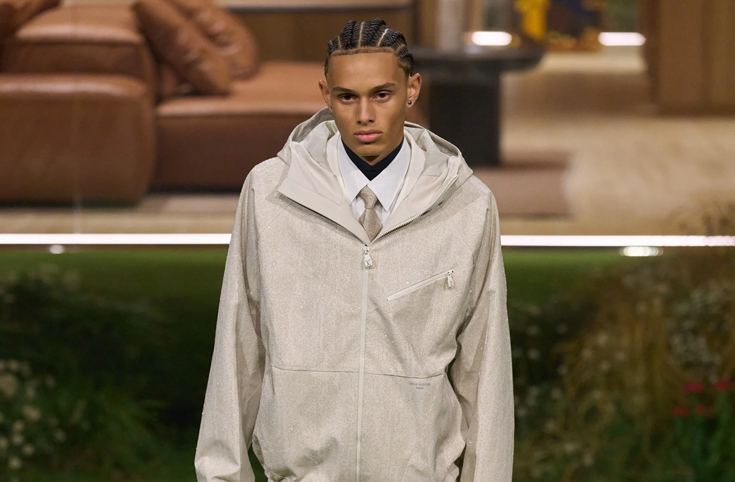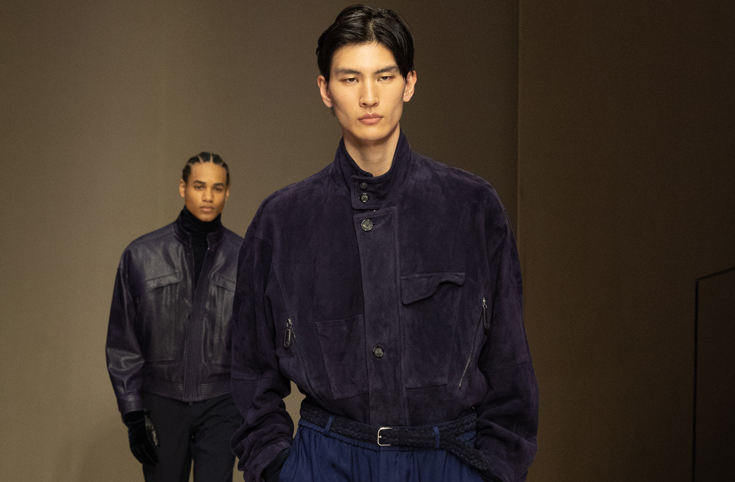FROM THE ISSUE: KAI-ISAIAH JAMAL

“Be whatever, but just promise you’ll be.” At 29, Kai-Isaiah Jamal carries that promise like a quiet manifesto, stitching it through everything they do. Poet, model, activist and now musician, Jamal is a living study in boundlessness – a person moving fluidly between identities and expressions, refusing to settle into any one shape or space.
When they pick up the phone, they’re apologetic about the technical hiccups on the call, reminding me that even the brightest stars glitch like the rest of us. It makes the conversation feel more intimate, which is fitting for someone whose creative practice revolves around closeness: to memory, to sound, to the restless heart of South London.
Born and raised in Croydon, Jamal was surrounded by invention that thrived despite a lack of resources.“Stormzy and Smoke Boys [the hip-hop collective formerly known as Section Boyz] went to my school, the Brit School was down the road,” they say. Croydon, often written off as “rough”, as Jamal says, gave them something different – street smarts, loyalty and a fierce kind of pride. “People would say it was shit, but it was our shit. And that made it absolutely fine.”
From the start, words were Jamal’s refuge and rebellion. By 10, they were writing stories, reading the dictionary just to learn “all the good words” so they could talk themselves both into and out of trouble. English classes offered freedom from binaries. “It felt like being yourself,” Jamal says. They discovered syllabus poets, then stumbled upon slam poetry online – voices like Jasmine Mans, Danez Smith, Jay Bernard – from artists who were Black, often queer and blazed with truth. Open mics followed, long before poetry began making the rounds on Instagram. Jamal’s playful grammar and hyper-local references felt out of place in literature’s white, stiff corridors, but ultimately became how their work resonated. “It took me a long time to be comfortable with it, but my writing is about confronting a feeling without knowing you’re doing it.”

Now, that same sense of self-discovery pulses through their music, released under the name Kissin’ Teef. The name came from a friend’s question: “What’s the sound of the era you’re obsessed with?”Jamal answered, “The sound of kissing teeth. It’s a way of having autonomy outside of what I’m already known as.”
Their first single, Jungle, is built on a poignant sample of a 50-something white caller phoning into the London radio station LBC to confess his shame at British racism. It blossoms into a layered portrait of London life – sticky summers, petty crime and estates threatened by gentrification. The video doesn’t glamorise struggle. It captures life’s ordinary tensions. “It’s a love letter to multicultural London,” Jamal says. “To what makes it beautiful, even as it’s threatened.”
Music isn’t new terrain for Jamal, who jokes they can’t even walk to the shop without headphones in. But crossing streams from poetry to beats was daunting. “Sometimes when you start doing the thing you love, it becomes a job. It changes.” In this case, the change was revelatory. Within a year, they had 45 songs. What’s emerging is a trilogy of EPs that remix the soundtrack of Jamal’s youth: rare groove, neo-soul, UK funky house, Dizzee Rascal on the defunct British music TV station Channel U, songs passed by Bluetooth and infrared on the bus because Shazam didn’t exist. “I love a labour of love when it comes to music,” they say with a grin. “I’d pick a vinyl over a Bluetooth speaker any day.”

Even as Jamal preps for their role as a model at Paris Fashion Week – “Just A$AP [Rocky] and Willy [Chavarria],” they say breezily – fashion remains another tool for storytelling, not simply spectacle. As the first Black trans model to walk for Louis Vuitton and the first trans person nominated for Model of the Year at the Fashion Awards, Jamal carries visibility with grace and caution. “Yes, I often battle with the idea of duty. I remind myself I don’t have unlimited capacity. The more I can preserve, the better I can do when I show up.” Their gender expression is equally fluid. “I move around in my gender. Every day I ask, who do you want to be? I used to think every part of my gender had to be vocal, open, vulnerable. Now, I finally keep some things for myself.”
This dialogue extends to style, as they love contradictions: cargos with loafers at a black-tie event, a three-piece suit just to grab lunch. Their wardrobe tells a story of milestones: Bottega leather trousers (first luxury purchase), custom Timberlands (the brand’s collab with Jamal), an Acne Studios coat (bought in Paris cheap), worn Celine leopard loafers. But just as much it’s about community: investing time in Telfar, Luar, Martine Rose and emerging POC and queer designers. “We spend so much money in these big houses,” they say. “I want to spend just as much supporting my peers.”
In the end, whether through poems, songs or a quietly defiant outfit, Jamal produces work that is a map of memory that insists on the value of ordinary lives. As they pack up for Paris, you get the sense they’re carrying the whole city of London in their suitcase: late-night sound systems, cracked pavements, defiant community spirit all woven into who they’re becoming. Because it was never just about art. It’s about Jamal telling us who they are and could be.

10 Magazine Australia Issue 26 is on newsstands now.
PROMISE YOU’LL BE
Photographer STEFANO GALUZZI
Fashion Editor KAREN BINNS
Talent KAI-ISAIAH JAMAL
Text EMILY PHILLIPS
Hair HIROSHI MATSUSHITA
Make-up EMMA MILES at Caren Agency
Digital operator SHEHAN HEWA MALLIKAGE
Photographer’s assistant ORAN EGGERTON
Fashion assistants GEORGIA EDWARDS and SORAYA RIZZUTO
Hair assistant HARUKA MIYASHITA
Production ZAC APOSTOLOU and SONYA MAZURYK
Clothing and accessories throughout by LOUIS VUITTON

